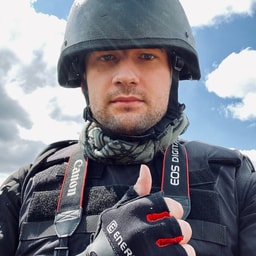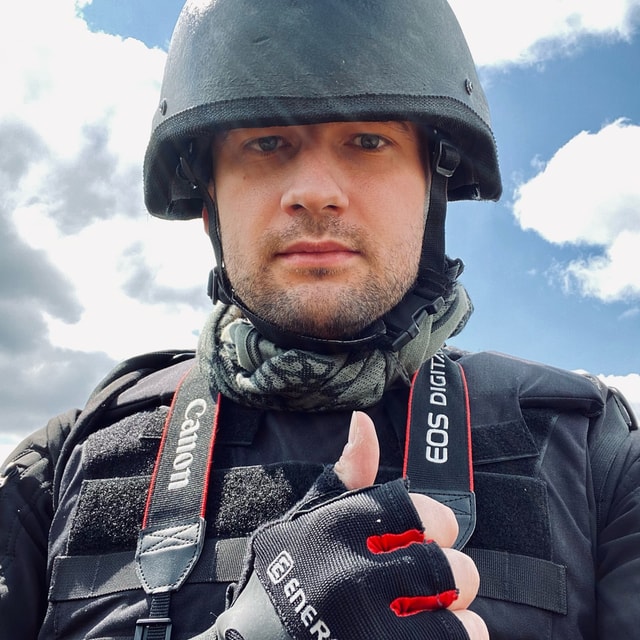Amid fierce defense, Ukraine foils Russian blitz victory plans
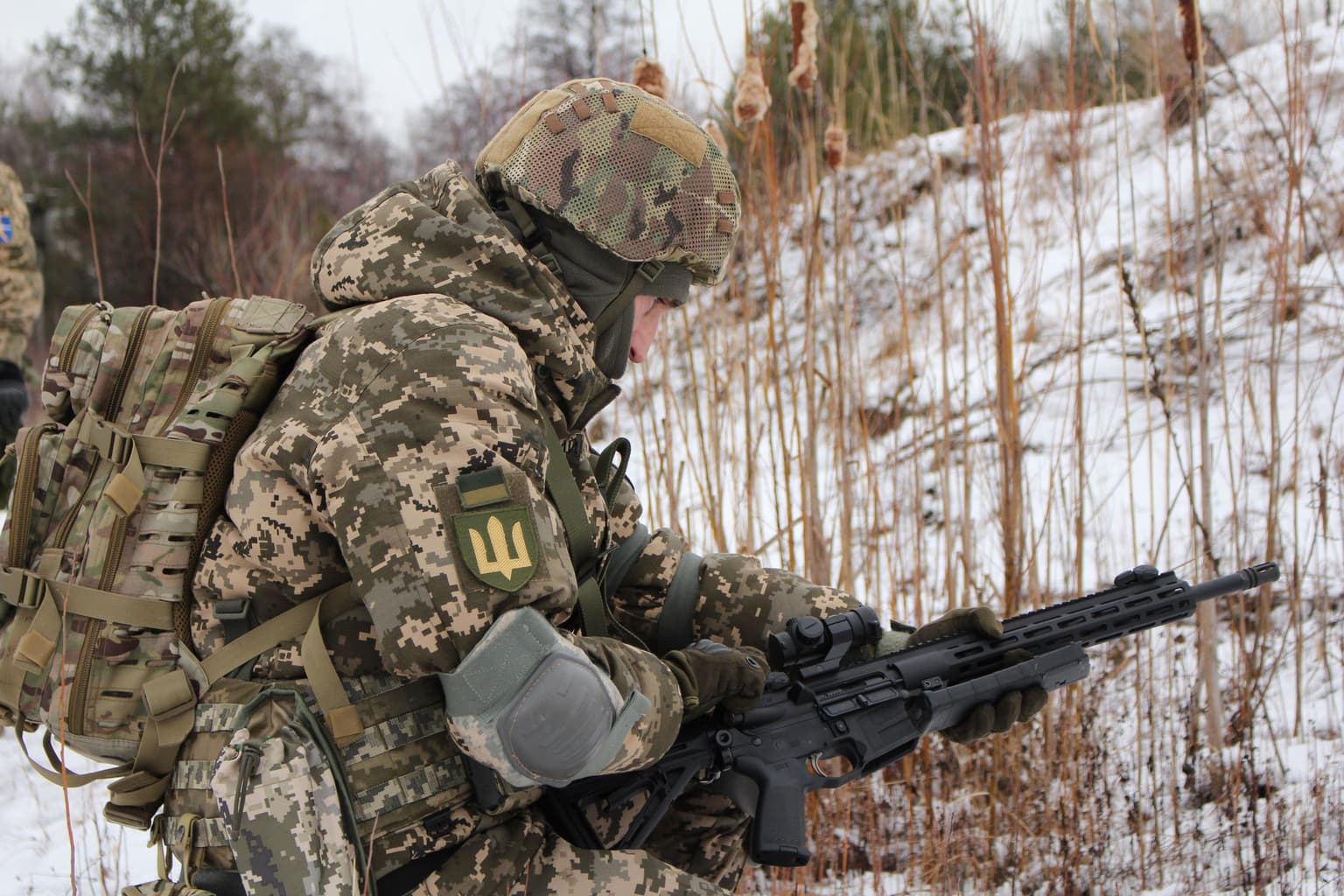
More than 72 hours after the start of the all-out invasion on Feb. 24, Russia has failed to inflict a quick defeat to Ukraine’s armed forces or gain a foothold in any of the country’s key cities.
As of Feb. 27, all the biggest cities – Kyiv, Kharkiv, Lviv, Dnipro, Odesa, Mykolaiv, Mariupol, Kherson – are still under full Ukrainian control, despite Russia’s massive and costly effort to seize or isolate them.
If Russia aimed to take the Ukrainian capital in a shock and awe operation, it failed.
The situation tends towards hard, dragged-out war rather than a demoralizing blitz run the Kremlin likely counted on, judging from their immediate rush toward Kyiv.
The enemy has made a series of moderate advancements in Ukraine’s north, northeast, south, and in Donbas beyond the largest urban areas.
Fierce and effective Ukrainian resistance seen elsewhere has seriously slowed the Russian military down, and in many locations engaged its main axes in exhausting confined space warfare.
After the first 48 hours of advancement, the Russian military started indicating poor coordination and planning, as well as troublesome fuel supply.
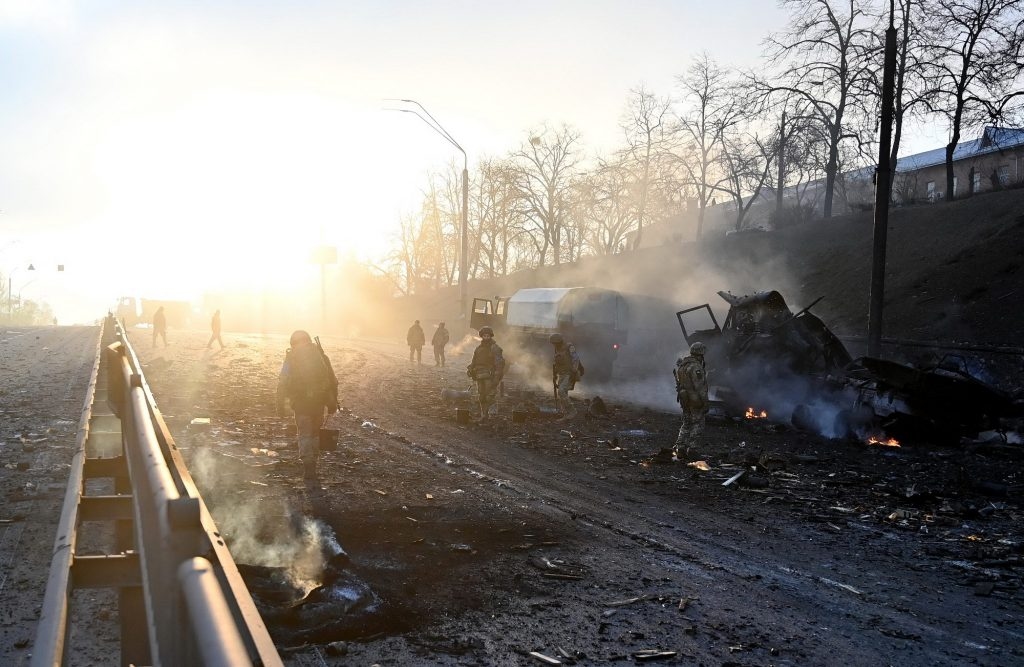
Ukrainian resistance, especially when it comes to destroying advancing Russian armored convoys, has so far met optimistic expectations.
Massive missile strikes and all-out advances decisively failed to demoralize the Ukrainian military in the first hours of the attack or strip it of effective air defense, which has also demonstrated surprisingly high effectiveness since the very start.
The Ukrainian military stick to offering resistance near key cities, in addition to engaging the Russian reinforcements.
Meanwhile, the West goes in full swing at derailing Russia’s economic and political stability with severe financial sanctions. More nations, including long-time opponents like Germany, agree on massive weapons supplies to Ukraine and support Russia’s full isolation and denial of resources to continue with the war.
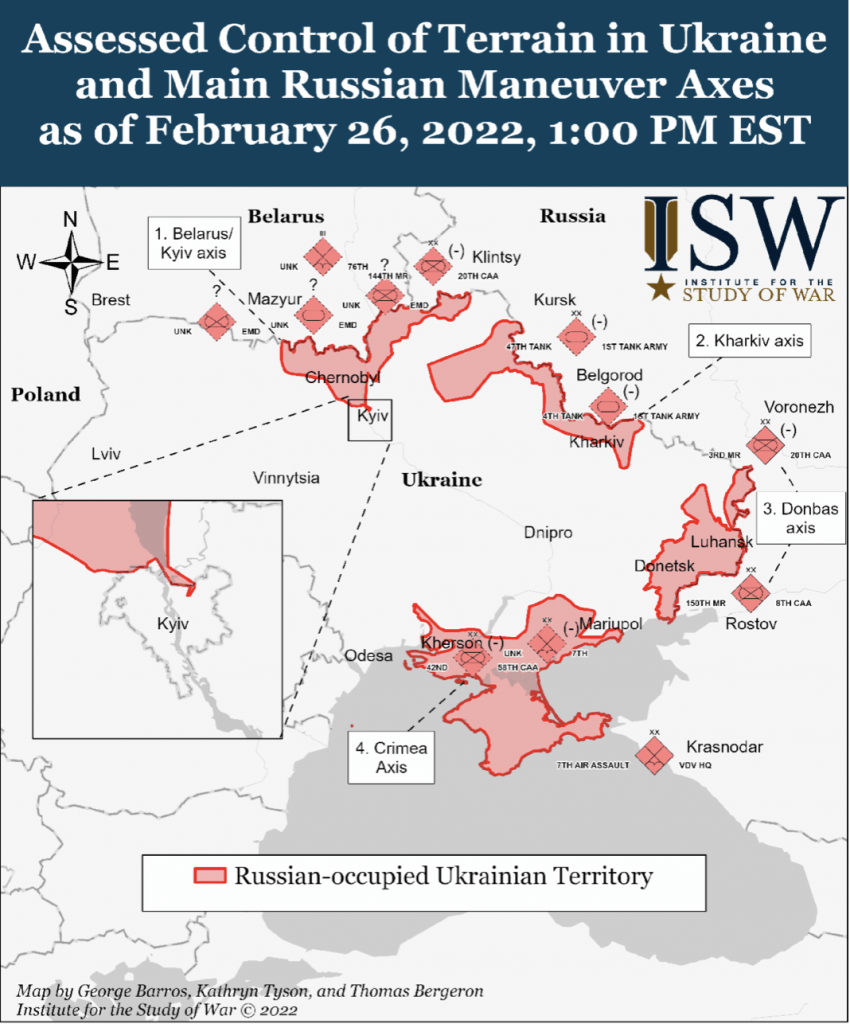
“Moving and taking small towns and automobile communications remain the occupying power’s foremost tactics,” the Ukrainian General Staff asserted early on Feb. 27.
“Thanks to massive civilian and military resistance, attempts the take the large cities have failed. The enemy’s main goal, which is to block Kyiv, remains unsuccessful.”
In its intelligence update dated Feb. 27, the United Kingdom’s Defense Ministry also said Russia was not making the progress it had planned, while Russian forces were suffering from logistical challenges and strong Ukrainian resistance.
Read also: Russia’s war on Ukraine: Where fighting is on now (Feb. 27 live updates)
Popular involvement in the war effort remains increasingly active. Over 37,000 civilians have joined Territorial Defense formations assuming auxiliary missions in the rear behind the military back. Over Hr 1,16 billion have been transferred in popular donations to the military, as of early Aug. 27.
As of late Feb. 26, Ukraine reported over 3,000 Russian manpower killed in action and over 200 taken prisoner, along with 16 airplanes, 18 aircraft, 102 tanks, 540 personnel carriers, and infantry fighting vehicles, a Buk-1 missile system, and over 20 cars, destroyed.
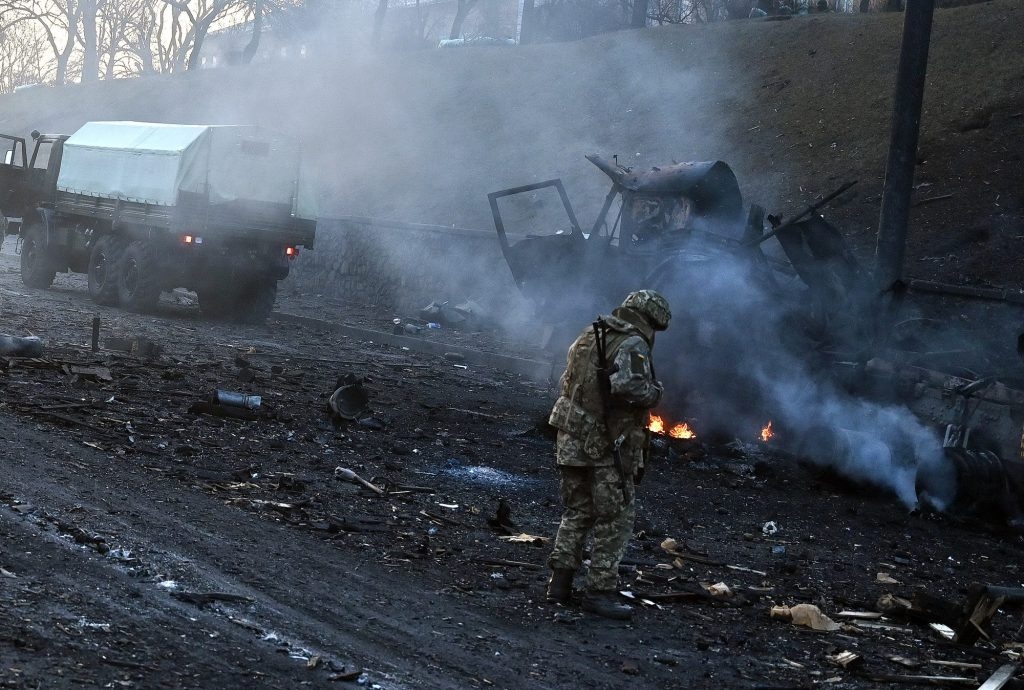
Ukrainian losses are yet to be assessed and confirmed.
Among that, despite false claims in media, Russia’s hostilities feature massive civilian harm, including via massive indiscriminate use of multiple launch missile systems like BM-21 Grad in numerous locations, from Kharkiv Oblasts’s Okhtyrka to Mariupol, the northern suburbs of which were desolated in Russian missile attacks.
In general, multiple pieces of evidence, particularly verifiable pictures and videos posted elsewhere on social media indicate grave destruction and loss of life in affected areas.
As of late Feb. 26, Ukraine’s Health Ministry reported 198 civilian deaths, including three children, due to hostilities.
Besides, Russia’s increasingly brutal and indiscriminate warfare has triggered or threatened a range of environmental disasters in Ukraine.
Read also: Kyiv residents calm after heavy night fighting
Late on Feb. 26, a Russian missile strike destroyed an oil terminal in the city of Vasylkiv south of Kyiv. Amid fierce hostilities in the area, the destroyed facility started releasing extremely hazardous chemical emissions. The local authorities called for mass evacuation of civilians, which ended up being not possible due to grueling warfare in the area.
Besides, overnight into Feb. 27, a Russian artillery shell was reported to have targeted a nuclear waste depot in Kyiv, triggering fears of radioactive contamination in the city. However, according to subsequent reports, the Russian barrage did not inflict immediate damage to the storage facilities.
Upon Ukrainian estimates, the Russian forces have employed in combat nearly 50% of its combined Russian-Belarusian military force of over 150,000 troops.

After days of fierce fighting, the Russian forces still failed to enter Kyiv via two key axes in the northwest (via the cities of Bucha, Hostomel, and Irpin) and the north via the Obolon district.
Multiple attempts to break Ukrainian defenses have failed as of early Feb. 27, although the streets of Kyiv have seen fierce clashes with small Russian sabotage groups infiltrating the city.
As of early Feb. 27, Russia has also failed to establish control of three key airfields near Kyiv: Hostomel in the northwest, the Kyiv airport in the city, and Vasylkiv in the south, despite extremely fierce efforts to ensure a safe landing ground for its airborne groups.
In Donbas, combined Russian-militant forces starting from Feb. 26 also made serious advancements near Mariupol and in Luhansk Oblast, entering Ukrainian-controlled territories unresisted.
On Feb. 26, a Russian military group coming from the occupied Crimea in Ukraine’s south continued with its pressure upon Mykolaiv and Kherson but also redirected a part of its power for a march along the Azov Sea coastline toward Mariupol.

Mariupol, as of Feb. 27, is expected to be encircled and attacked with a massive enemy force.
“Ukrainian resistance remains remarkably effective and Russian operations,” the Institute for the Study of War (ISW), a U.S.-based think tank, said on Feb. 27.
“Especially on the Kyiv axis have been poorly coordinated and executed, leading to significant Russian failures on that axis and at Kharkiv. Russian forces in northeast Ukraine face growing morale and supply issues, likely due to poor planning and ad hoc command structures.”
Russian forces will likely increase their use of bombardment in the coming days to overcome heavier-than-anticipated Ukrainian resistance, the ISW also said, adding that “Russia’s surprising failure to accomplish its initial planned objectives around Kyiv has given the Ukrainians an opportunity.”
However, the think tank said, Russian forces remain much larger and more capable than Ukraine’s conventional military and Russian advances in southern Ukraine may threaten to unhinge the defense of Kyiv and northeastern Ukraine if they continue unchecked.
“Ukrainian leaders may soon face the painful decision of ordering the withdrawal of those forces and the ceding of more of eastern Ukraine or allowing much of Ukraine’s uncommitted conventional combat power to be encircled and destroyed,” the ISW added.
